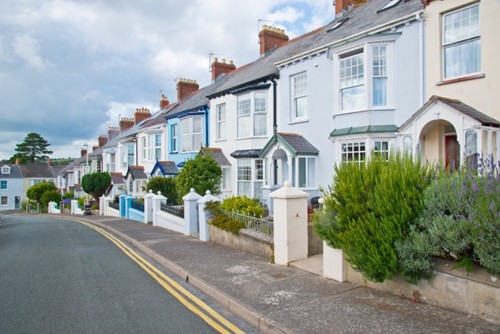Managing the risks of being a landlord

As a private landlord you are one of an estimated 1.5 people who provide homes for more than 20% of households across the UK.
Some landlords made a deliberate investment in property – often to fund their retirement income as an alternative to other types of investment. However, there is an increasing number of so called ‘accidental landlords’. An accidental landlord may have decided to rent out an existing family home or property they inherited as opposed to selling it.
However, whichever type of landlord you class yourself to be, it’s crucial that you have sufficient protection for the risks you face.
Risk 1 – unreliable tenants
To reduce the risk of having unreliable tenants in one of your homes, then professional tenant referencing is a must. However, even the most comprehensive reference can’t remove the risk of a tenant defaulting altogether, and so it’s important to limit the potential damage by taking out a rental guarantee. There are a number of different policies and services available, but they will usually provide cover for any unpaid rent together with covering the costs of evicting the tenant.
Risk 2 – damage to your property
If your tenant leaves your property with damage, then there is a risk the deposit may not always cover the costs of making the repairs. Indeed, even if the tenant didn’t cause the damage themselves, for example if they are the victim of a burglary, you may find that you have to rely on an insurance policy to cover the costs.
However, if you only have standard household insurance then you may not be covered. This is because some insurance policies will only cover you if you are the occupier of the property, and this is something that not all landlords realise until it is too late.
Risk 3 – something happens to the tenant
It is your responsibility to make sure that your property is safe. However, accidents do happen, and if a tenant slips on a loose stair carpet and falls then they could sue you. A good landlord’s insurance policy should come with Public Liability Insurance which will not only cover any damages claimed by your tenant but will also cover the legal costs.
Risk 4 – cover between lets
Even if your tenant has moved out, you still need to have insurance in place. Your landlord insurance should provide cover during void periods, usually of around 90 days – but do check your policy to see whether you have to drain the radiators and switch the water supply off in order to remain covered.
At Darlows we can introduce you to HomeLet - a specialist provider of landlord insurance solutions and their policies have been designed exclusively for the private rented sector. If you would like more information, please speak to your local Darlows branch.






